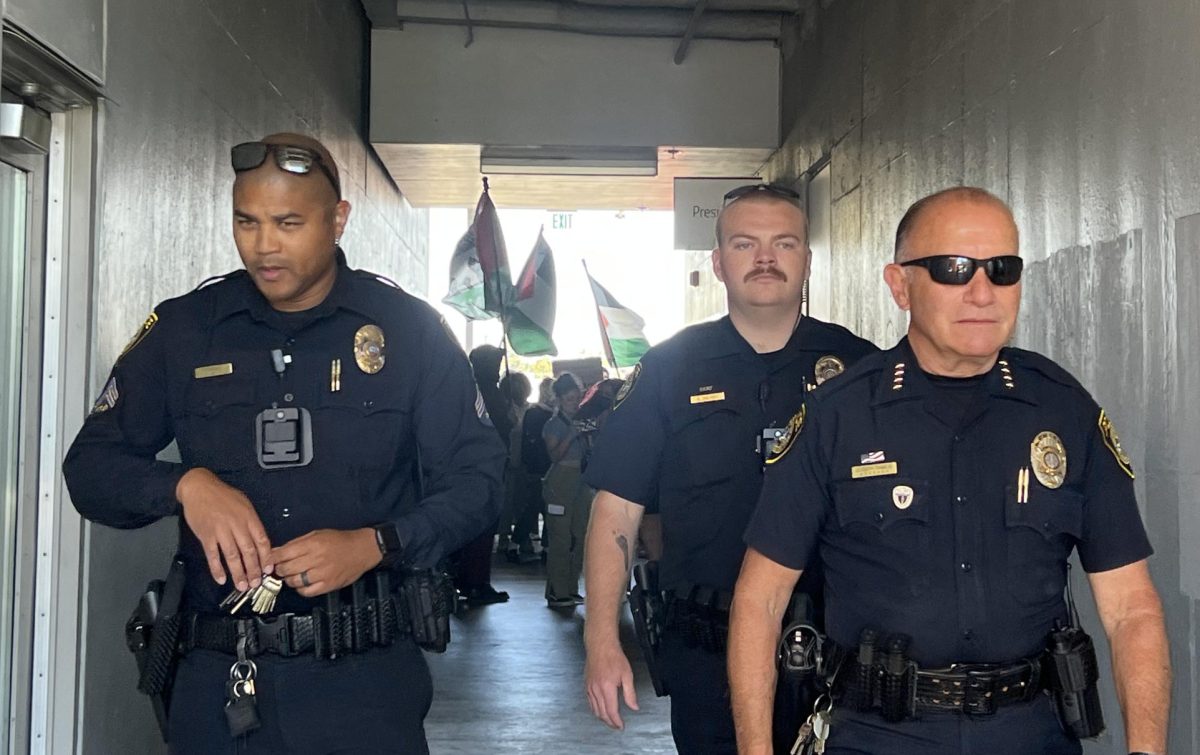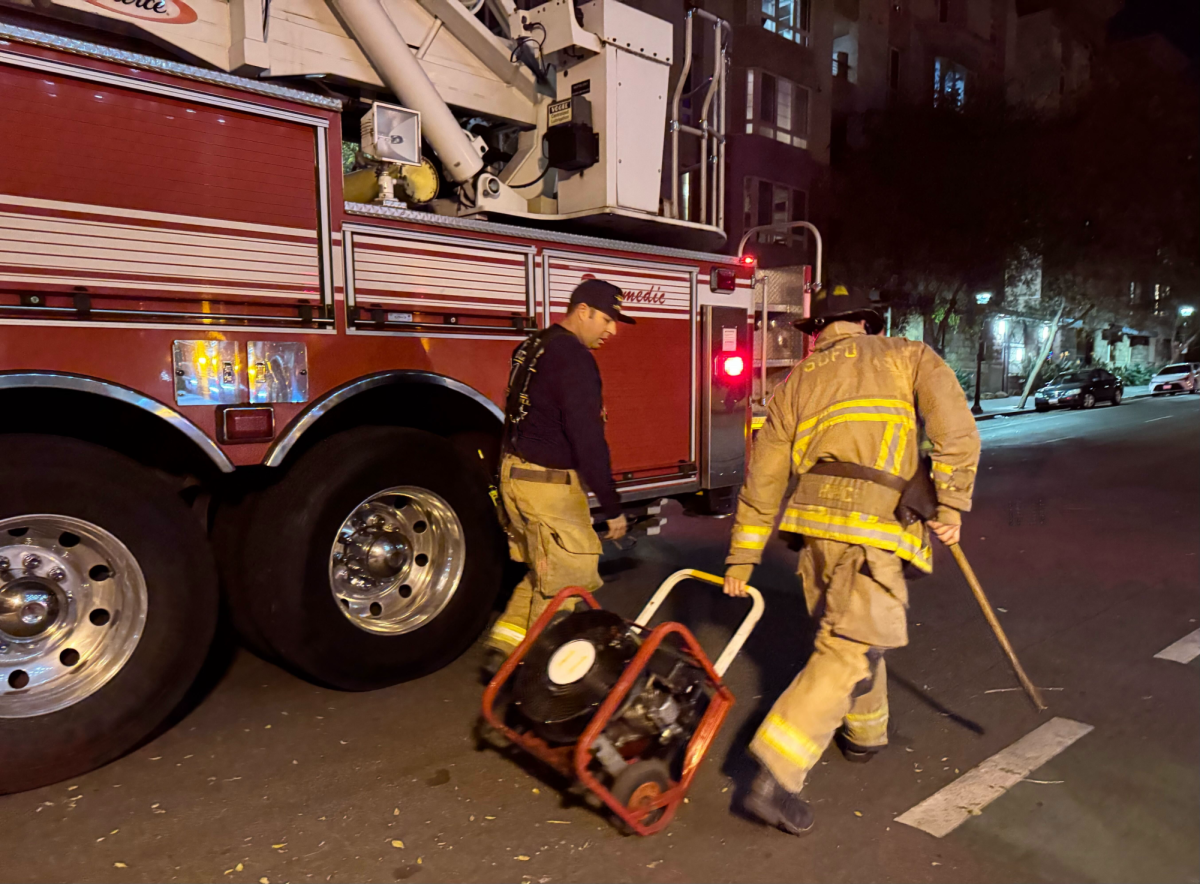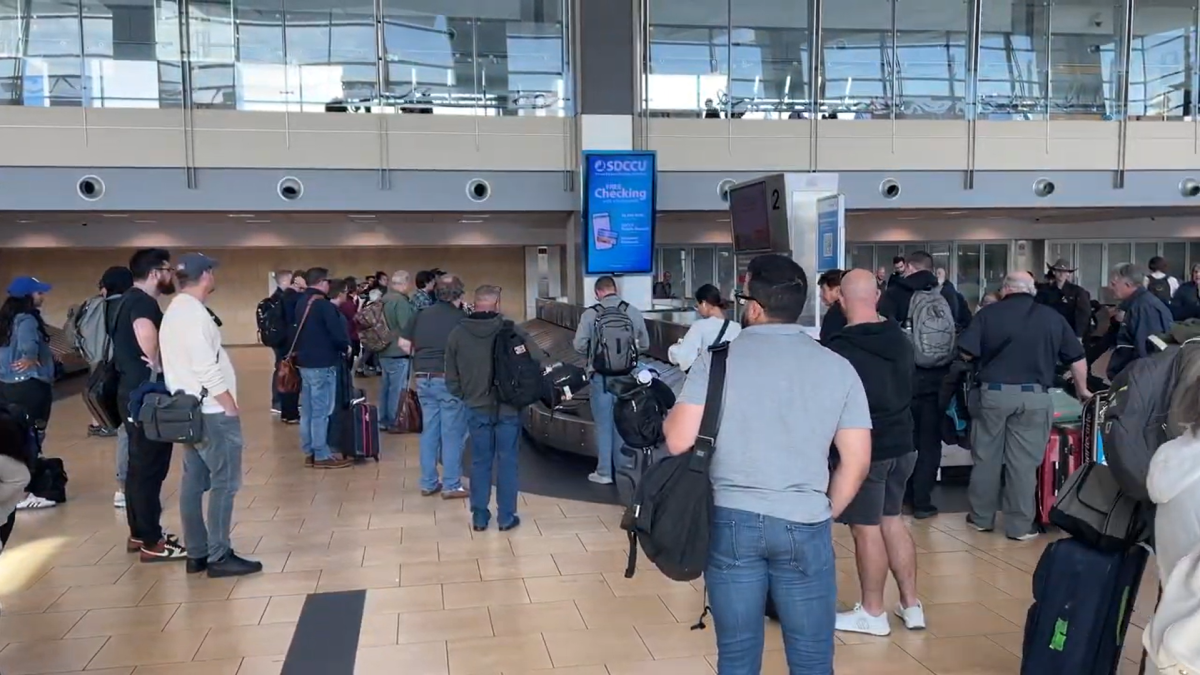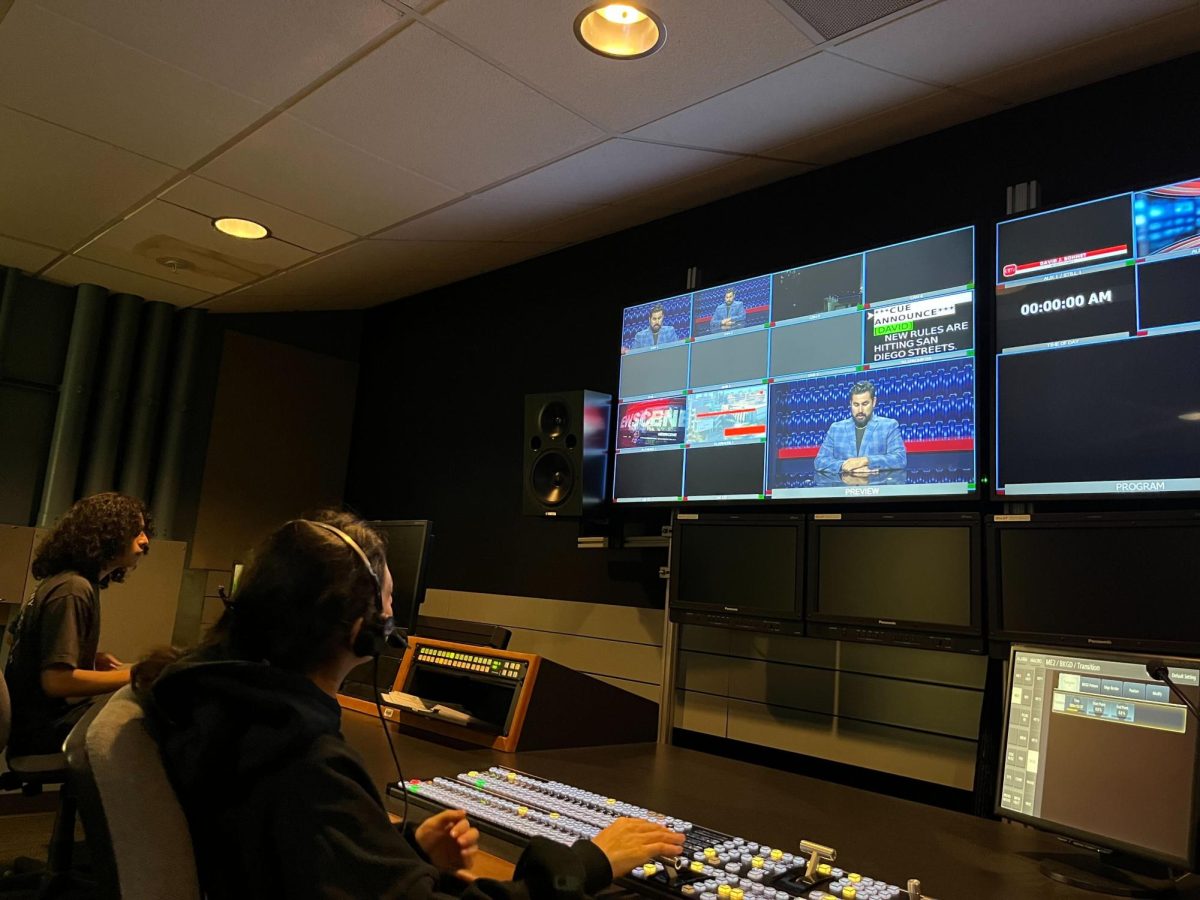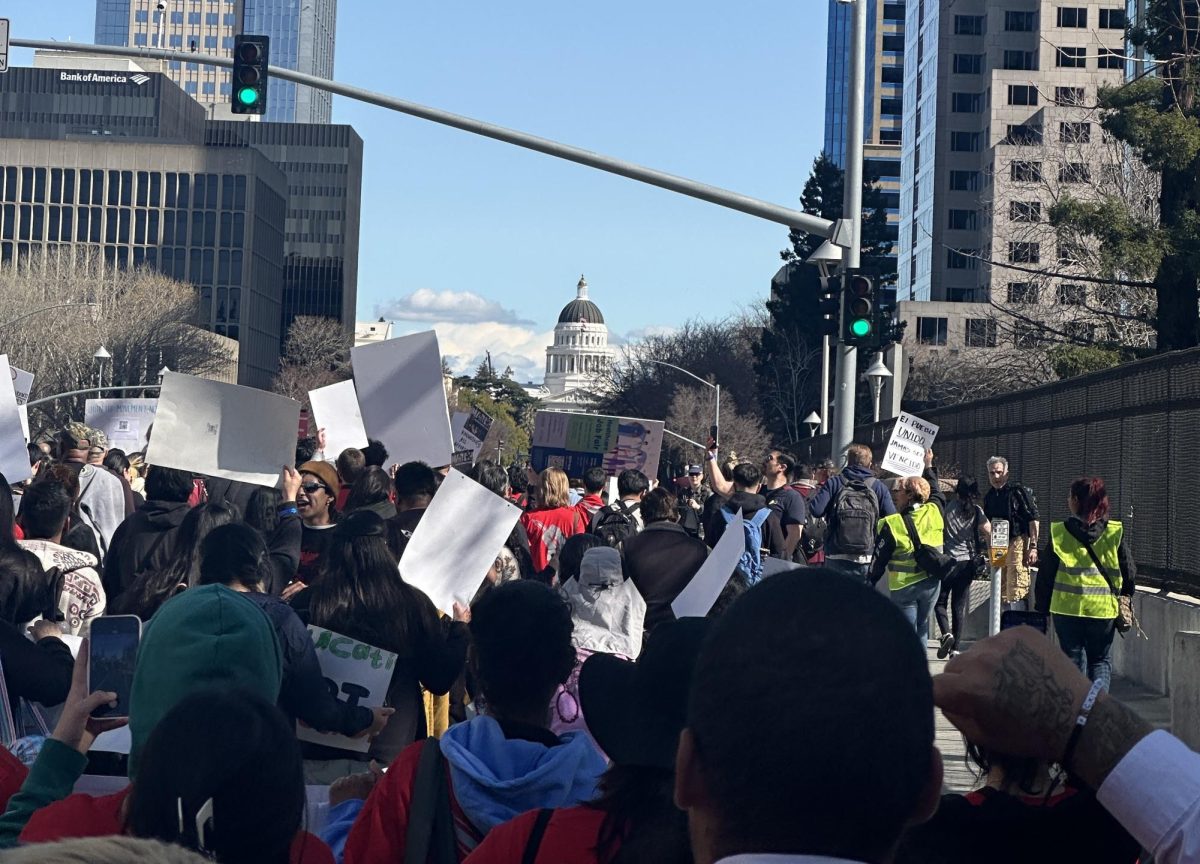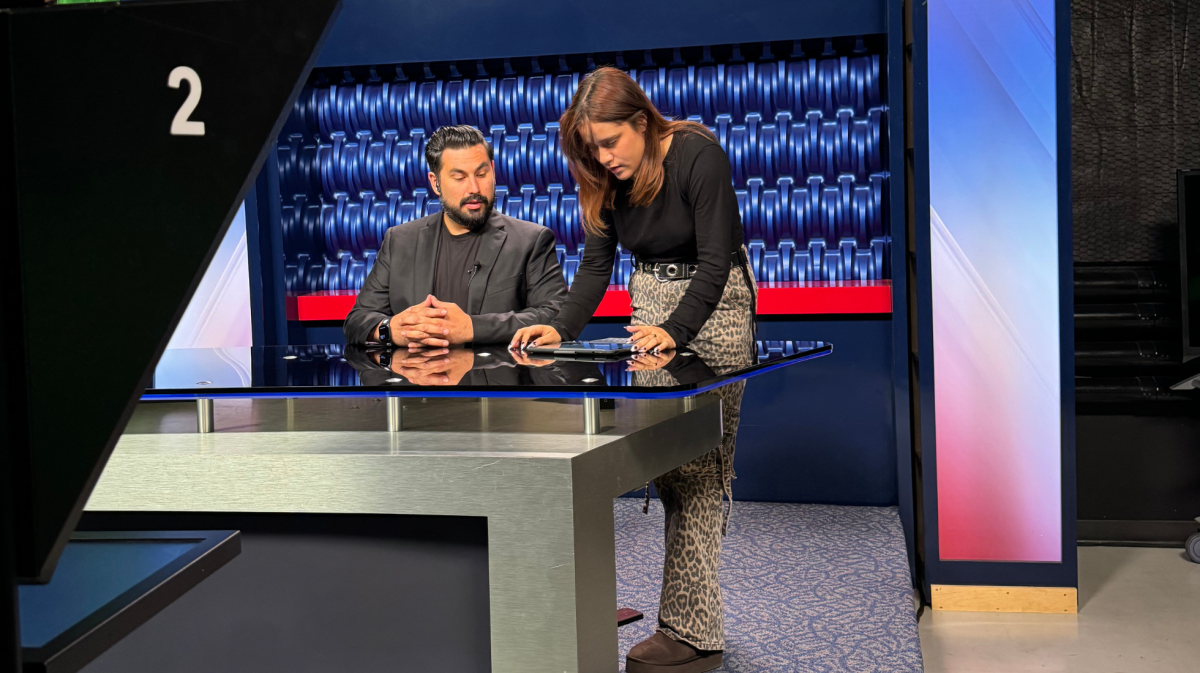In an effort to provide support for faculty and staff after the death of Diana Gonzalez, City College President Terrence J. Burgess hosted a “Forum on Healing in the Aftermath of Tragedy,” on Nov. 9.
This special session featured Dr. Darlene Hoyt, a clinical psychologist with over 25 years of experience working closely with law enforcement and other state agencies contending with the ongoing effects of major trauma.
City College faculty and staff were provided the opportunity to share their thoughts and concerns about the incident.
Many attendees expressed feelings of bewilderment and anger that warning signs seemingly went unnoticed yet affected campus safety so greatly.
“(Gonzalez) represents so many of our students,” said professor Kelly Mayhew. “I’m outraged about the number of ways she was silenced.”
Dr. Hoyt spoke about student-teacher confidentiality and explained appropriate methods of communication when a teacher is concerned for a student’s welfare, especially if an instructor is afraid to be nosy or overstep boundaries.
“Our students’ lives are there in the classroom,” Mayhew said. Mayhew went on to describe a classroom model that encourages students to bond with one another in class. “They know each other as people and become cohorts and often leave the class together.”
One professor who regularly works late with students on campus complained that classroom doors are left open and very few, if any, security officers are visible. Other faculty offered ideas such as implementing a buddy system or a student escort team.
President Burgess introduced an initiative to develop a safety response plan, which would include cameras, panic buttons, and better lighting on campus. Starting in the spring 2011 semester, two officers will patrol the four blocks between 16th Street and Park Boulevard.
All in attendance agreed that both campus security and safety-related education need to be increased as a primary response to the incident. Many student groups, including the Associated Student Government, Bringing Education and Activism Together, and the Visionary Feminists, have created resources such as self-defense classes and a women’s support group to empower students of all genders.
“We need an anchor,” said Dr. John Rivera, who works as a public policy consultant in addition to his position as a campus counselor. “We need to make a larger statement as a campus to our community.”
In response to students who continue to ask what is being done to ensure City College remains a “safe haven,” Rivera suggested using social media to communicate about the incident and to continue drawing on outside resources, such as the city council and local law enforcement, to support and protect our campus.
Dr. Hoyt spoke to the debilitating effects of a campus crisis and provided simple techniques for processing and evaluating the emotions that accompany a traumatic event.
“You have all been bruised in some way,” Dr. Hoyt said, explaining that low energy, restlessness, and depression are common responses. Hoyt provided a simple, three-step system to help both faculty and students cope.
First, talk it out with trusted friends. Second, work it out with physical exercise, as effects of stress are carried physically as much as emotionally. Lastly, remember to relax and let the mind rest.
At the end of the meeting, Dr. Hoyt strongly encouraged faculty to reach out to students by starting honest conversations about the emotions that follow tragedy and shock. “You never know what will make a difference.”

